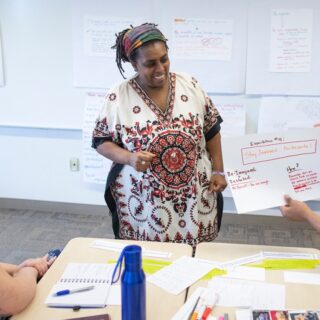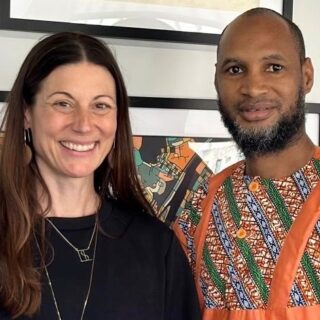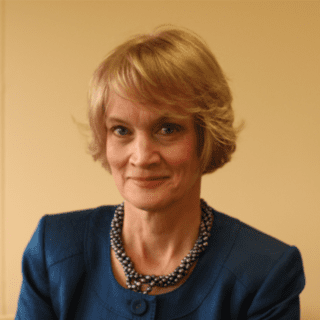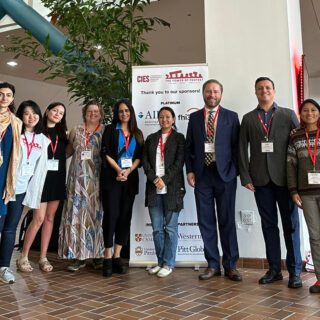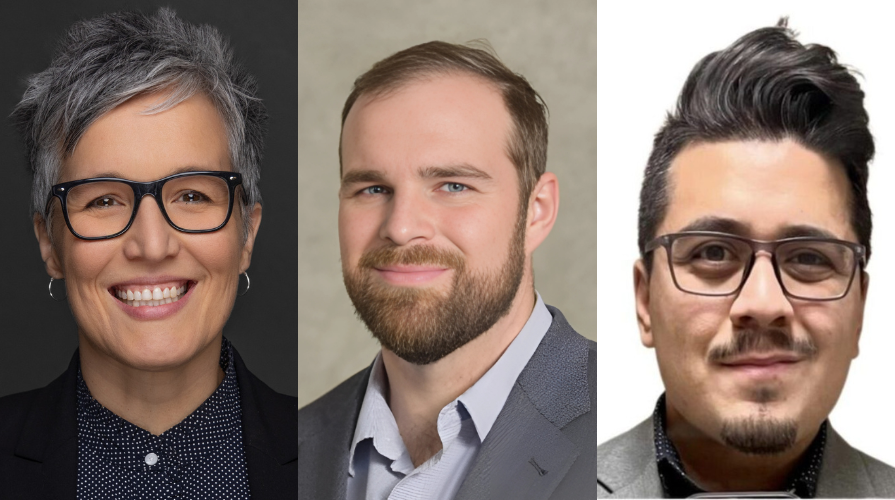
Learn About Our 3 New Faculty Members
Melissa Nelson, Kelton Mehls, and César Briones bring wide-ranging expertise and experiences
At the start of the fall 2025 term, three new scholars joined the faculty at the University of Pittsburgh School of Education.
They have expertise and dedication across school safety, exercise science, and community/youth development.
“We are seeing increased interest and growth in the fields of health, school safety, and critical youth engagement,” said Eboni Zamani-Gallaher, the Renée and Richard Goldman Dean of the Pitt School of Education. “Our three new professors of practice continue that momentum at the School of Education by enriching our academic community with their research and passion for learning.”
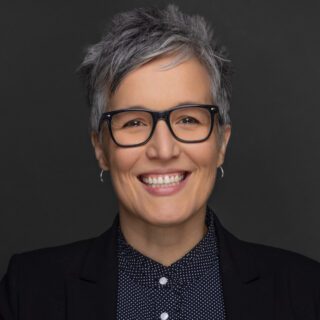
Melissa Nelson
Assistant Professor of Practice
Department of Teaching, Learning and Leading
Melissa Nelson has over 30 years of experience working at the intersection of K12 education, behavioral health services, law enforcement, and legal systems. Before joining Pitt, she worked as an elementary and special education teacher, administrator, and mental health clinician. She is a national expert in K-12 Standard of Care civil litigation and is a consultant on K12 behavioral threat assessment and management cases for the Federal Bureau of Investigation.
What drew you to the field of education and school safety in particular?
“My passion traces back to my childhood. Growing up in a rural area of PA, I was in a small community that had outstanding educators who served not only as teachers but also as role models, mentors, coaches, and holistic supports for all aspects of my life. They provided the foundation for my desire to spend a lifetime working with children, adolescents, and families–especially those who experience issues with violence, suicide, and behavioral health concerns”.
“On December 14, 2012, I was a fourth-grade teacher. As the news of the violence and tragedy unfolding at Sandy Hook Elementary made its way to schools around the country, I felt the universe shift in more ways than I can count. Even during the initial shock and horror of the news, I kept asking myself, ‘How does this happen? How do we keep it from happening again? What can I do to help support people after something tragic happens?’ I knew that some of my answers would be to relentlessly pursue a merging of my two career paths, focusing on prevention, intervention, and recovery systems in the realm of school safety.”
What’s a fun fact your students or colleagues might be surprised to learn about you?
“I prefer to start my day with a bowl of ice cream. To balance out that unconventional approach to breakfast, I’m an avid cyclist. I’ve had the opportunity to travel around the world to bike and hike on some of the most beautiful trails in the world.”
What advice would you give to students entering the teaching and school administration profession today?
“The ‘solution’ for how to best support the social, emotional, behavioral, and academic growth of each child we serve has always been right in front of us. It is within us. It IS us. The positive connection we can create with a child can change the trajectory of their life forever. We should relentlessly pursue and develop these positive connections like it’s a matter of life and death.”
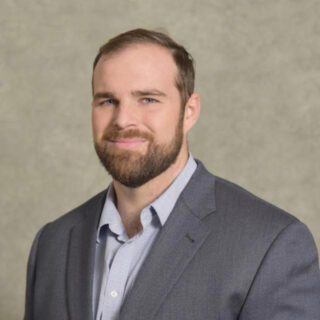
Kelton Mehls
Assistant Professor of Practice
Department of Health and Human Development
Kelton Mehls has expertise in strength and conditioning, and exercise science. A Certified Strength and Conditioning Specialist, he previously taught at Duquesne University and brings experience as both a researcher and NCAA Division II coach.
What drew you to work in exercise science?
“In high school, I was a three-sport athlete—football, wrestling, and track. I competed in track and field all through college at Robert Morris. I’ve always loved athletics, exercise, and strength and conditioning. Initially, I thought I wanted to be a physical therapist until I worked as a technician and realized exercise science would be a better route to give me the opportunity to maybe teach and have chances to work with more athletes.”
“I really enjoy teaching the physiology t of the things that we do from a coaching perspective. I think it’s really important that students and people who want to enter the field understand that physiology.”
What’s a fun fact your students or colleagues might be surprised to learn about you?
I think the most interesting thing might be that I compete in the Scottish Highland Games. There are nine events—have you ever seen the videos of the guys who wear kilts and try to flip over telephone poles? I compete in those games fairly regularly because of my background as a collegiate thrower. It’s really fun, and the festivals are cool with different vendors and music. And the kilts.
What advice would you give to students entering the field?
Make sure you are taking any opportunities available to you and make sure you find people to intern under, to work under; do part-time personal training work—just get your foot in the door. It will help you understand what you like and what you don’t like. Learn from people in the field so that you’re able to better apply what you’re taught in the classroom.
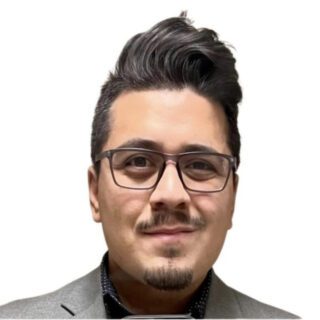
César Briones
Assistant Professor of Practice
Department of Health and Human Development
César Briones is an interdisciplinary scholar whose work focuses on youth development, community thriving, and youth-led social action. Originally trained as a clinical and counseling psychologist, he has over a decade of experience working with youth-serving organizations across the Americas.
What drew you to youth development and community-based work?
“I come from a counseling background. What I found during my clinical years is that a lot of my clients in the United States didn’t need more counseling—they needed more money. They needed a better job. When you’re working with people who have to have two jobs plus family, it’s normal that you’re stressed. This is a systemic issue.”
“That’s what led me to youth development—precisely that organic grassroots engagement. We’ve always been saying that kids are the future, but they can’t be the future if we don’t think about them in the present. If we are serious about the education of a newer generation, then why is it that we never ask their opinions about it? Why do we do things for them, without them? That is what drew me to this work.”
What’s a fun fact your students or colleagues might be surprised to learn about you?
“I recently became a father. My son is six months old. I also have a fascination with motorcycles. I’ve ridden a motorcycle since I was 15 years old, and I cannot imagine my life without one. I make sure to take good care of myself;I wear helmets and protective gear. For me, riding is more of a metaphor for life: to enjoy the journey, not just the destination.”
What advice would you give to students entering the profession?
“That they need to always be curious. We are students our entire lives. Right now, we are students in this context with the university, but we are also students all of our lives.”
“The university is your sandbox—go and explore; go and get curious. This is the time for doing those things. We are lifelong learners, and once we decide we have nothing else to learn, that is when we become static and stagnant.”
“Good science always comes from curiosity. It always comes from, “I know that I don’t know this.”

